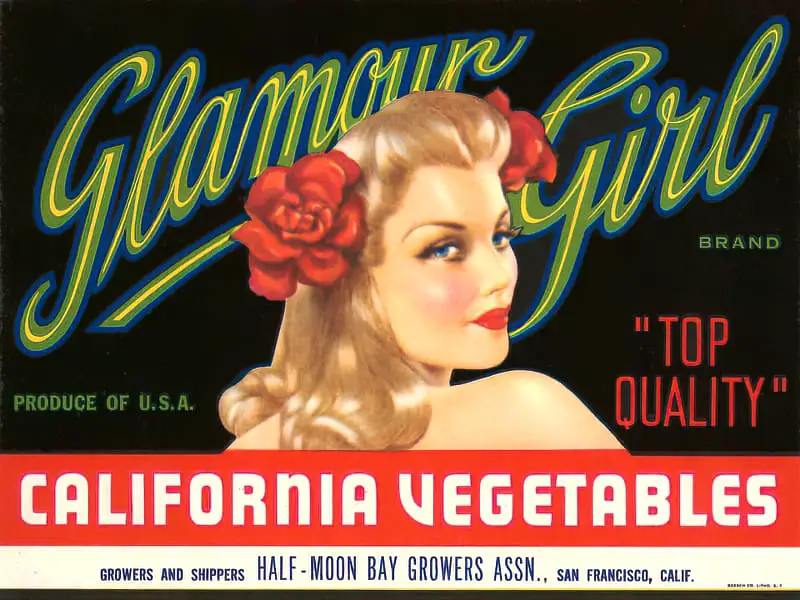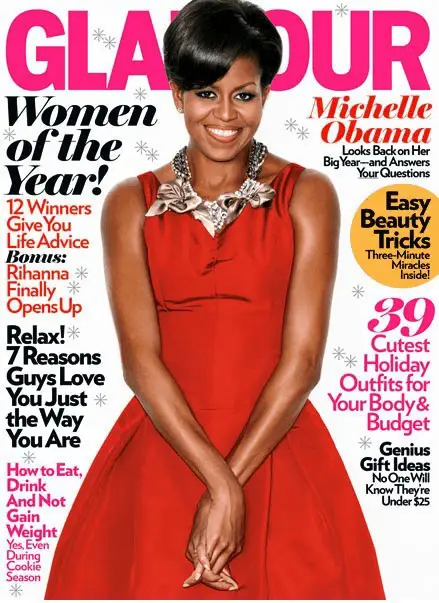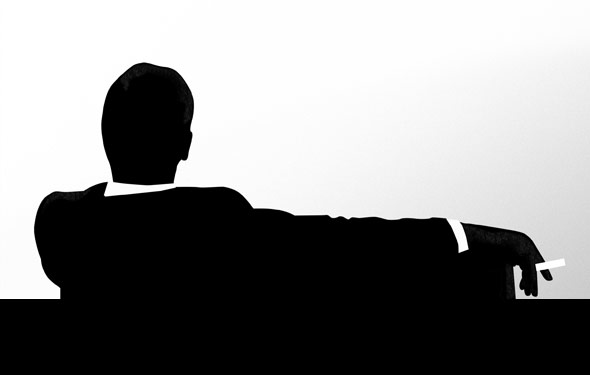The following are notes from a podcast from Zocalo Public Square: Why Do We Need Glamour? The speaker is Virginia Postrel, who has also delivered a TED Talk. Her book is called The Power Of Glamour.
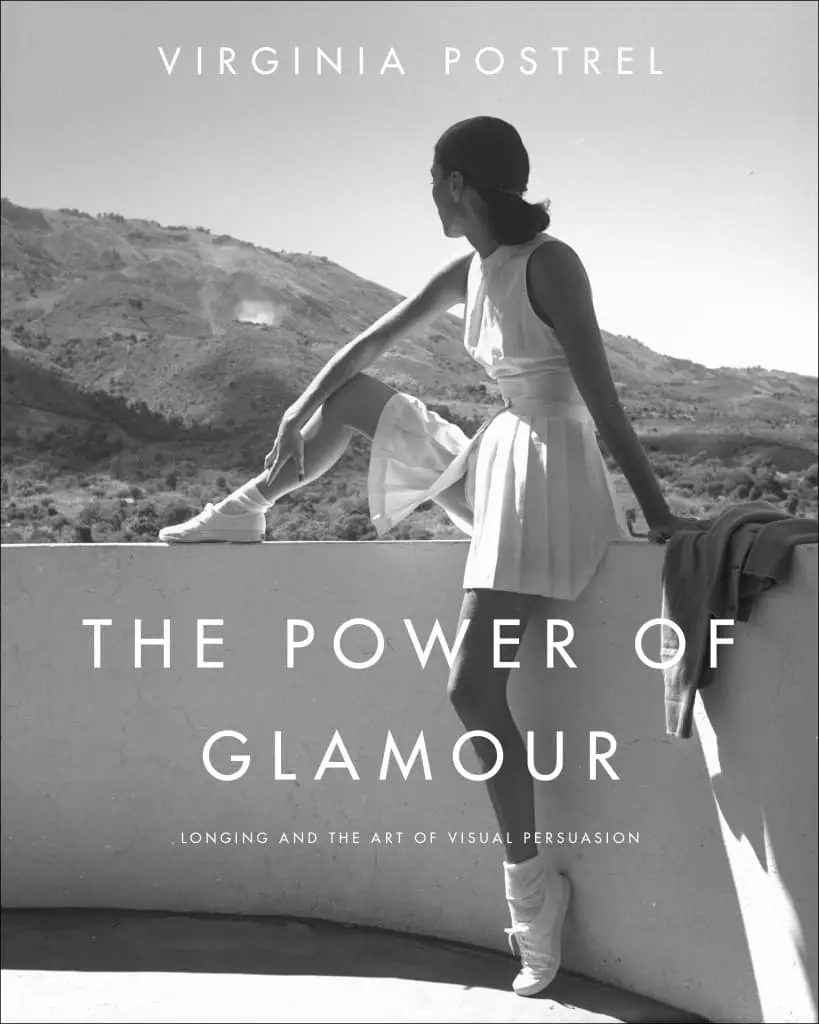
What is glamour?
The word ‘glamour’ gets sprinkled around on magazine covers: shiny furniture, jewel tones, satin dresses. This conveys the mistaken idea that glamour is a kind of style. In fact, glamour is neither a style nor a personal characteristic (because cars/cities/ideas can be glamorous also) and it changes with the audience.
The best way to think about glamour is to start by thinking about humour. Glamour is in the same category: There is an audience and an object. Somehow in the interaction of audience and object, a specific emotion occurs. In the case of humour, the emotion is amusement or laughter. In the case of glamour the emotion is projection and longing: If only… (I could do that thing/be with that person/be on that beach/relax and have a hot stone massage…)
Glamour is a form of non-verbal persuasion. It can be a deliberately constructed form of rhetoric, and it is sometimes something that simply emerges (much like humour can either be constructed by a comedian or emerge naturally in normal discourse). Glamour can be deliberately crafted but whether it works or not doesn’t depend on the efforts of the person creating it — it depends on the audience.
How does glamour work?
Glamour takes our inchoate (not fully formed, rudimentary) longings: to be respected/loved/comfortable/wealthy etc and focuses them on an object.
Glamour can have unexpected consequences and take unexpected forms but it always says something about who we are and what we want. We’re told that we can fulfil that desire.
Glamour is a psychological process. We see something we know is ridiculous — a trip to a special place/electing the right president/pursuing the right career — something will make us have the perfect life, yet we choose it anyway.
This is not just about women. How many Air Jordans have been sold? (Not to women…) The superhero is the epitome of glamour. (Not Batman — Batman works better as an icon than as a symbol of glamour, but other superheroes embody glamour and appeal to boys and men.)
One of the best encapsulations of glamour can be found in the book Life Would Be Perfect If I Lived In That House. A lot of movie stars are not particularly glamorous, but you see the epitome of glamour in Home and Garden magazines.
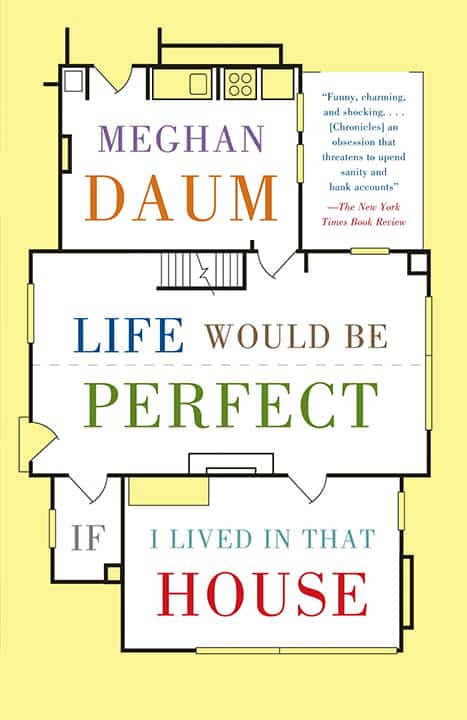
After an itinerant suburban childhood and countless moves as a grown-up—from New York City to Lincoln, Nebraska; from the Midwest to the West Coast and back—Meghan Daum was living in Los Angeles, single and in her mid-thirties, and devoting obscene amounts of time not to her writing career or her dating life but to the pursuit of property: scouring Craigslist, visiting open houses, fantasizing about finding the right place for the right price. Finally, near the height of the real estate bubble, she succumbed, depleting her life’s savings to buy a 900-square-foot bungalow, with a garage that “bore a close resemblance to the ruins of Pompeii” and plumbing that “dated back to the Coolidge administration.”
From her mother’s decorating manias to her own “hidden room” dreams, Daum explores the perils and pleasures of believing that only a house can make you whole. With delicious wit and a keen eye for the absurd, she has given us a pitch-perfect, irresistible tale of playing a lifelong game of house.
Why is glamour important?
You can shape your career and therefore your life with it. In the early 90s a bunch of people went to law school because they watched LA Law. The same thing happened with CSI and forensic science.
Glamour can affect how a country is run. Barack Obama is god’s gift to glamour. This guy is really glamorous. He was young and good looking and graceful and eloquent but people projected onto him their hopes and dreams and what they wanted for the country. The fact that he didn’t have a long record in public life (like Hilary Clinton) made him alluring. He is self-contained nad has a kind of mystery about him. Obama is a Rorschach Test.
Elements that make Glamour work:
1. Promise of Escape and Transformation.
Glamour takes our discontent and focuses it. It is a form of escapism, but not escapist in terms of distraction but escapist in terms of amplifying desire and focusing it on something in particular.
They are either around travel or around fashion/transportation/something you can inhabit. We all know its horrible to fly on a plane but when we see a picture we picture ourselves as the airplane. There’s still this image of glamour. Transportation vehicles are like clothing — they can be inhabited, and take us out of the everyday.

One of the stereotypical touchstone ways of using glamour in advertising is to sell beauty products. Fire and Ice was created by Revlon in the 1950s (and then again in the 90s.) If you get this red nail polish you will unleash the secret siren in yourself. You will have this moment where you feel yourself to be a different sort of person. It allows you to imagine yourself in this different life — not necessarily a life you want to be in al lthe time but which speaks to a side of you which needs to be sometimes fulfilled.
But this is just as glamorous: The Container Store.
The Container Store is the most glamorous store in America, because what Americans really want is not so much luxury but a respite from all that stuff, and some sense of having control of their lives. You go in the container store and you see all the shelves and boxes and you can imagine your life will be perfect. These fit in your own house. You get that same sense of projection and longing with the promise of escape and transformation as you get when looking at a magazine with a diamond ring in it. Glamour is not only the things we think of stereotypically as glamorous but these king of things, which produce that same sensation of escaping and transforming.
2. Grace
Glamour is an illusion. The word originally meant a spell to make people think that whatever was in front of them was better than it actually was.
In its modern metaphorical sense glamour still has this element of magic and illusion. We often use the word ‘magic’ in conjunction with this concept eg ‘the magic of the movies’. the illusion is that glamour always hides things. It hides flaws/distractions/costs/disadvantages/effort.
Effortless glamour is a very common phrases. The sense that things just flow along without difficulty is an essential element of glamour. Glamour exemplifies nonchalance — all the practice and exertion which makes something possible is hidden.
The two different types of grace:
Theatrical Grace: Grace which actually exists in the moment. When Fred and Ginger dance they actually are graceful. However they didn’t actually meet up in some park and start dancing like that. There were hours and hours of practice, bloody feet, people helping out behind the scenes and so on. In the golden age of Hollywood a lot of the costumes were either too tight or too heavy for the actresses to sit down so Jean Harlow has to lean on a leaning board in between takes because her dress which looks so fantastic on screen has a hidden flaw, which is that you can’t actually sit down in it or it will tear.
Darkroom Grace: This is grace that is never actually there in the first place. YOu hide things on the image. The Gibson Girl. Whenever you look through a catalogue of interior furnishings somehow all those lamps light up without a cord, and they are not run on batteries. Eitehr the cords have been hidden by the stylist or they’ve just been deleted in Photoshop. Sometimes even the supports for the tables are taken away. Today’s critics of over shopping sometimes think these things started with Photoshop, but it’s older than that. In the Golden Age of Hollywood there were retouched and unretouched versions of actresses.
Glamour is neither transparent nor opaque: It’s translucent. It allows us to see a tantalizing, intriguing amount but lets us fill things in from our imaginations, directed by our own longings.
Glamour is often associated with physical distance — often literally distant — Shanghai perfume, because Shanghai was very glamorous in the 1920s. Ralph Lauren has said that he’d never been to aFrica, but if he had he would probably never have designed the clothes he had. His clothes were about an imagined destination rather than the true destination.
Another way glamour establishes mystery is often something in the past that we imagine went on. The silhouette is a glamorous trope. We can’t see a man’s face. Mad Men, for instance, is set in the imaginary 1960s where everything is hyped and his a very specific setting. No one is schlubby — everyone is dressed perfectly. [The 1950s and 1960s are particularly well-utilised in fiction for conveying the glamour of the perfect home with the aproned wife and blonde, blue-eyed children, even though this was a very unusual and temporary time in history.]
A future can also provide a glamorous setting: The final frontier.
Star Trek is a Neo-Western. Fans find the setting glamorous. One of the things it represents is the glamour of an ideal workplace. Audiences can picture themselves valued for their contributions in a perfect meritocracy.
But glamorous ideas of the future were prevalent in the 20th century to the 1970s. Modernity and the future were intertwined. Glamour was one way people figured out what this whole modern deal was about. They got their ideas from advertisements and movies, not from manifestos, though there were plenty of those. What is this glamorous future that we’re all headed toward? What is glamour in the present that may be removed from me? What do rich people have now that will someday be available to me? (American fridges eventually became available to British people.)
The difference between glamour and charisma
These terms are often conflated.
Glamour is a response to a stimulus and depends on the longing of the audience. There is always mystery. When we get to know somebody, their glamour disappears, along with the mystery.
Charisma is a personal characteristic like intelligence. A house cannot be charismatic. Nor can a city be charismatic. A person owns that, and is often much more open. It does not require any mystery. You might know everything about Bill Clinton and still find him charismatic. Charismatic inspires loyalty. You want to be liked by the charismatic person. You cannot perceive charisma in a still photograph. One of the results of that is that when a charismatic person dies, the charisma dies with them. Andrew Jackson (seventh president of the US) is an example like this. Joan of Arc, on the other hand, has glamour. Regardless of what she was really like, her story lives on. The audience projects all sorts of things onto her.
The formula for creating glamour
A glamorous setting may be considered the inverse of the Snail Under A Leaf setting.
- bring out the best
- conceal the worst
- leave something to the imagination
Creating glamour isn’t easy though, because it really depends on the imagination and longing of the audience.
SEE ALSO
It’s Like They Know Us Tumblr, featuring glamorous stock photos and sarcastic captions
